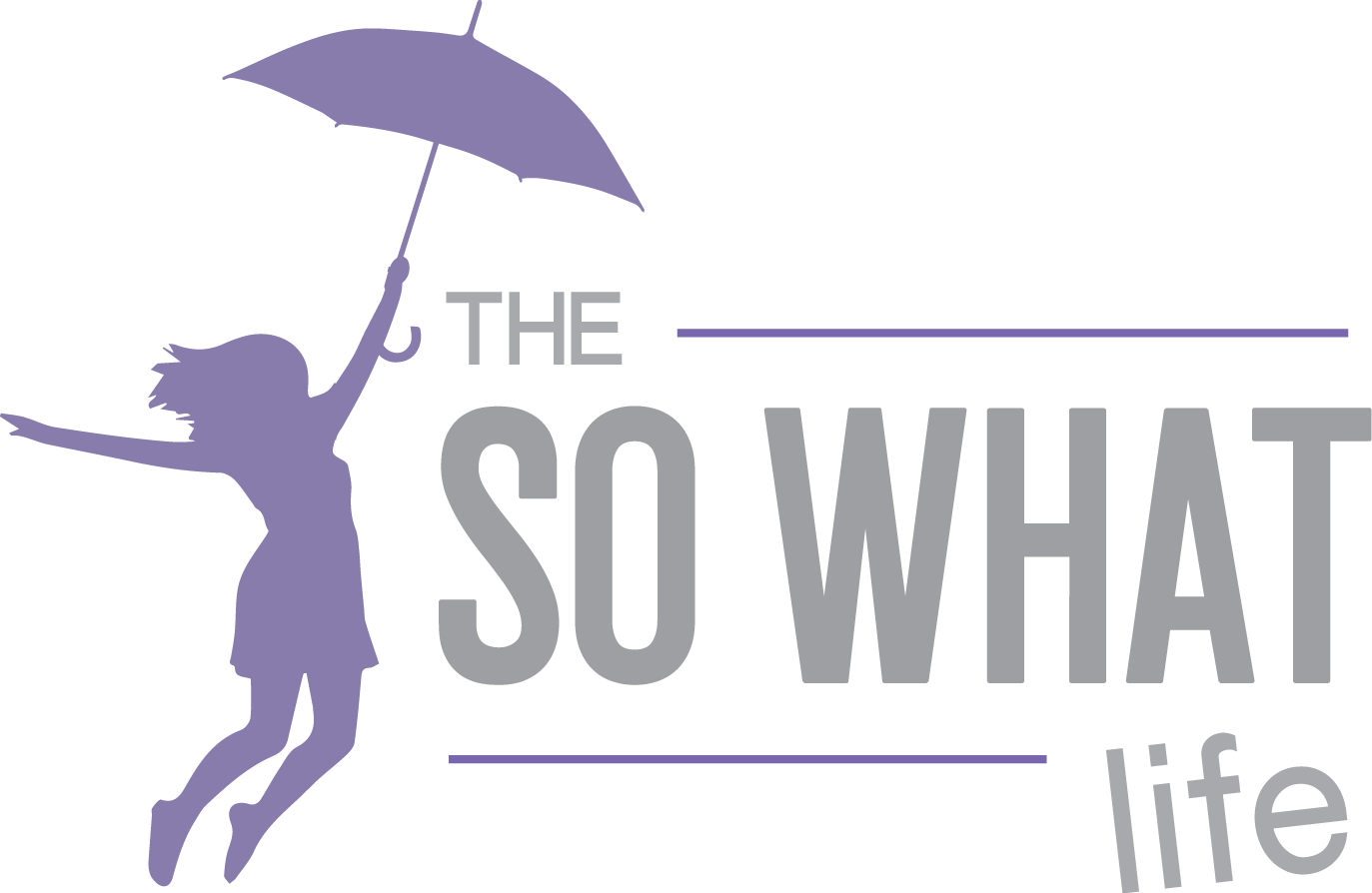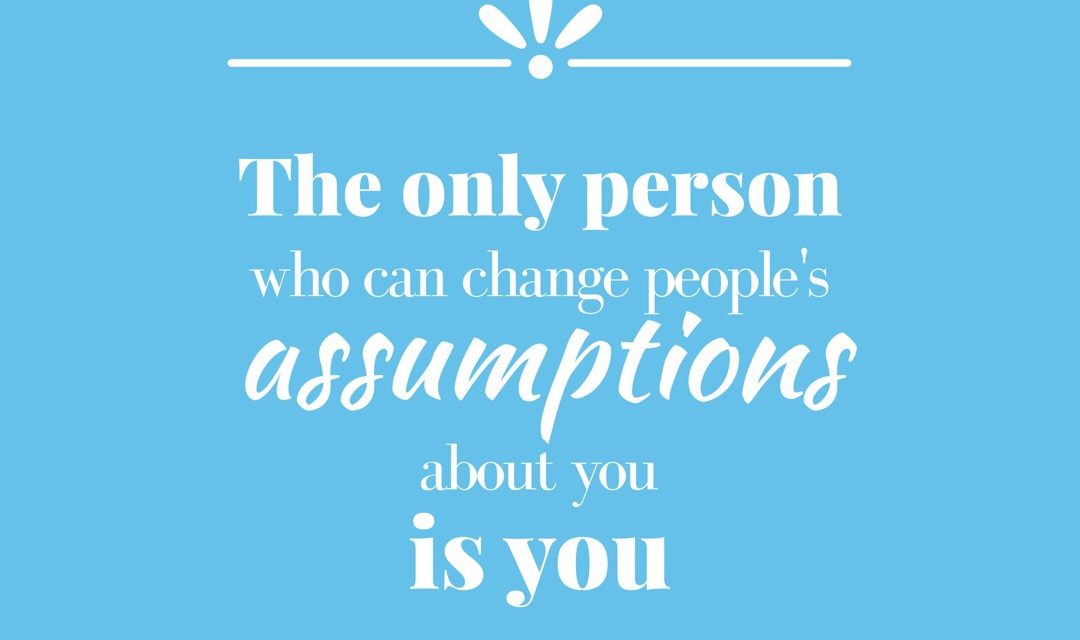I recently attended a presentation about ADA accommodations, and something was said that got me fired up.
A well-meaning manager raised his hand and told a story about an employee who was having performance issues. The employee in question also happened to have a physical disability. He asked what he could do, because she hadn’t asked for an accommodation, and was “using it as an excuse” for why she couldn’t do her work.
At first, him saying she was using it as an excuse rubbed me the wrong way. I thought, if this limitation is truly affecting her work, I don’t think she’s using it as an excuse, she is genuinely limited by the way she is doing her job.
But at the same time, I thought, this man is misinformed, and this woman needs to take responsibility for her limitations and speak up.
I’m about to get real with you.
If you have a chronic illness or anything else that limits you physically, mentally, etc., or if your child does you have got to start advocating for yourself or for your child.
We’ve got to stop assuming people know what we need, how we feel, and what we expect from them. This woman can’t assume her manager knows what she needs to help, and, although what the manager said rubbed me the wrong way, I can’t fault him because he is uneducated on what is going on in this woman’s life.
I learned this very early on. (Okay maybe I had the unfair advantage of having a nurse for a mom) She was someone who asked questions, did her research, and made sure she understood something before it happened.
And my mom also understood what I needed and advocated for it.
She arranged for my bus to pick me up at my house when the cold winter air made it tough for me to breathe while walking to the bus stop. She told doctors to let me sleep when they wanted to poke and prod me in the hospital, she advocated to allow me to take my pills all by myself in middle school instead of going to the nurse, and she made sure to update my teachers each year in school.
I hear too many stories of people being annoyed by someone misunderstanding their illness, being offended if someone is unaware and says the wrong thing, or feeling like people don’t understand.
The best way for people to understand what you’re going through, is for you to tell them!
When babies learn how to talk, or even speak sign language, some of the first things they learn is how to tell you what they need. “More.” “Milk.” “Poopee.” “Snack!” “All done!”
But for some reason, the older we get, the more we expect people to read our minds or understand what we are feeling.
And I get it, talking about your illness can be hard. You don’t want to be perceived as complaining, and you don’t want to be pitied.
But guess what?
Advocating for yourself doesn’t mean you have to scream from the rooftops when you’re having a painful or exhausting day. Sometimes, you can quietly escape or take the day off without concern, and without many people noticing.
But the more you try to hide, the more people will assume, most of the time incorrectly, what’s going on.
And wouldn’t you rather take the reins so that they don’t think you’re “making excuses”? Being honest always outweighs hiding, even when it’s hard.
Because in their world, they may think people who stay in on Friday nights are boring. They may think people who take sick days aren’t committed. But 9 times out of 10, if you were just honest, and told them your illness is flaring up, you need some time to rest, they wouldn’t have to assume.
You have to take the responsibility to teach the world about your illness. Otherwise, how will they know?
And yes, people should take the time to educate themselves. But the fact is, they don’t always. So we’ve got to meet them half way, and offer some understanding for their ignorance.
Naming what you’re going through is important, especially if something is going to get in the way.
This is especially important if you have an illness that isn’t apparent. When I’m going through a rough day, where I feel exhausted or my chest is tight, and I know it’s going to affect my ability to do something, I name it.
Perfect example. I went on a run the other day with my colleague. The night before, I was up until midnight doing treatments because my lungs were feeling very tight. I had been to a musty old movie theater, and something there exacerbated my symptoms. During the run, it was colder than usual, and I felt my lungs tighten up.
“Today’s going to be a short run for me! My lungs aren’t feeling up to it today. Meet you back at the office!” As running buddies, we often push each other to finish on tough days. But I named it, and he knew today was not one of those days. Had I just turned around without any explanation, he might have tried to push and I could have gotten upset if I had expected him to read my mind.
I named what I needed, and why, and my running buddy was fine with it.
So it’s time we take some responsibility. I get that personal circumstances are sometimes private and you may be embarrassed to share, but you can be open and honest without divulging too much information.
The only way for the “healthy” world to get comfortable with ours, is through education and honesty. It takes some guts to get there, but I promise it’s always better than the assumptions people make.






